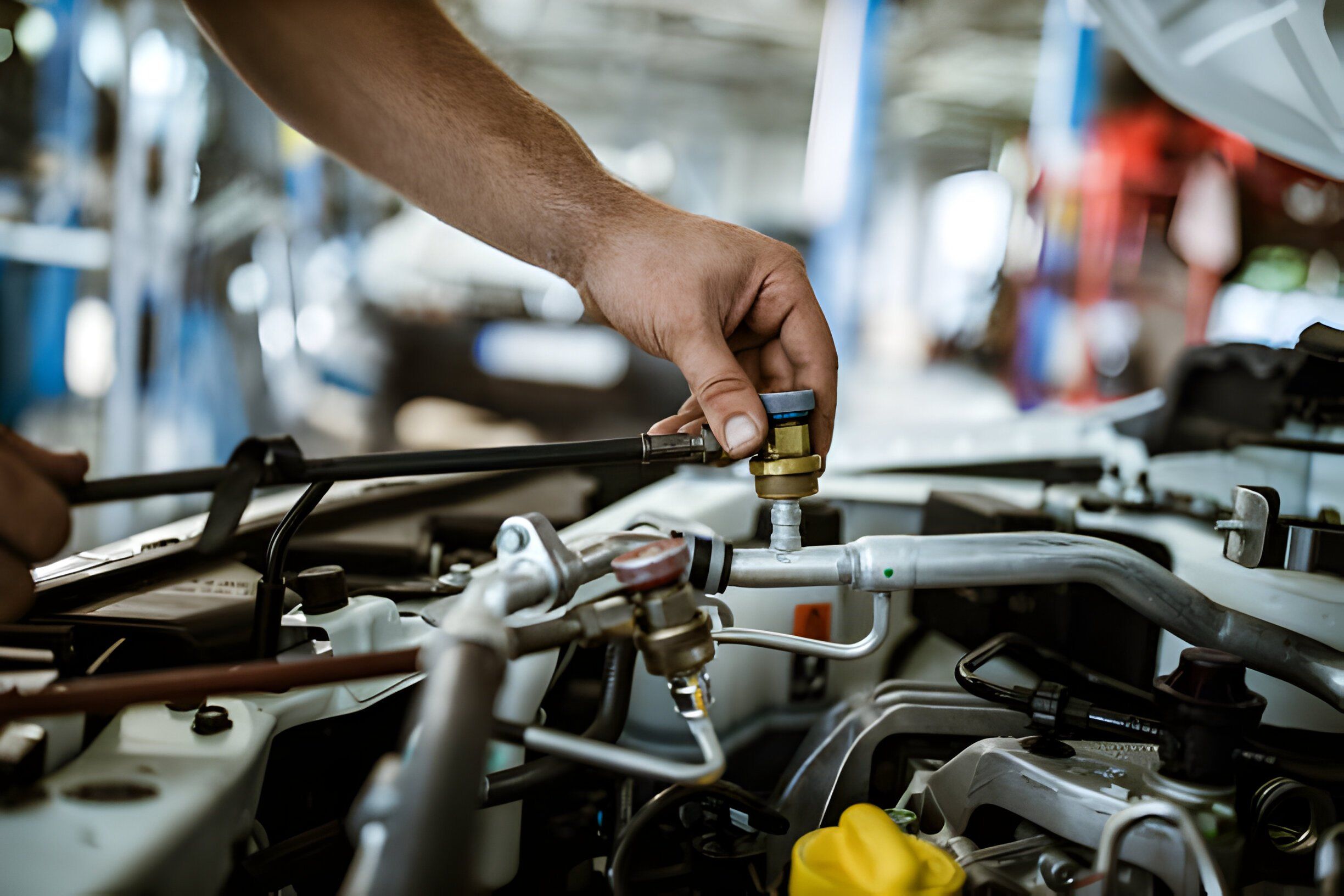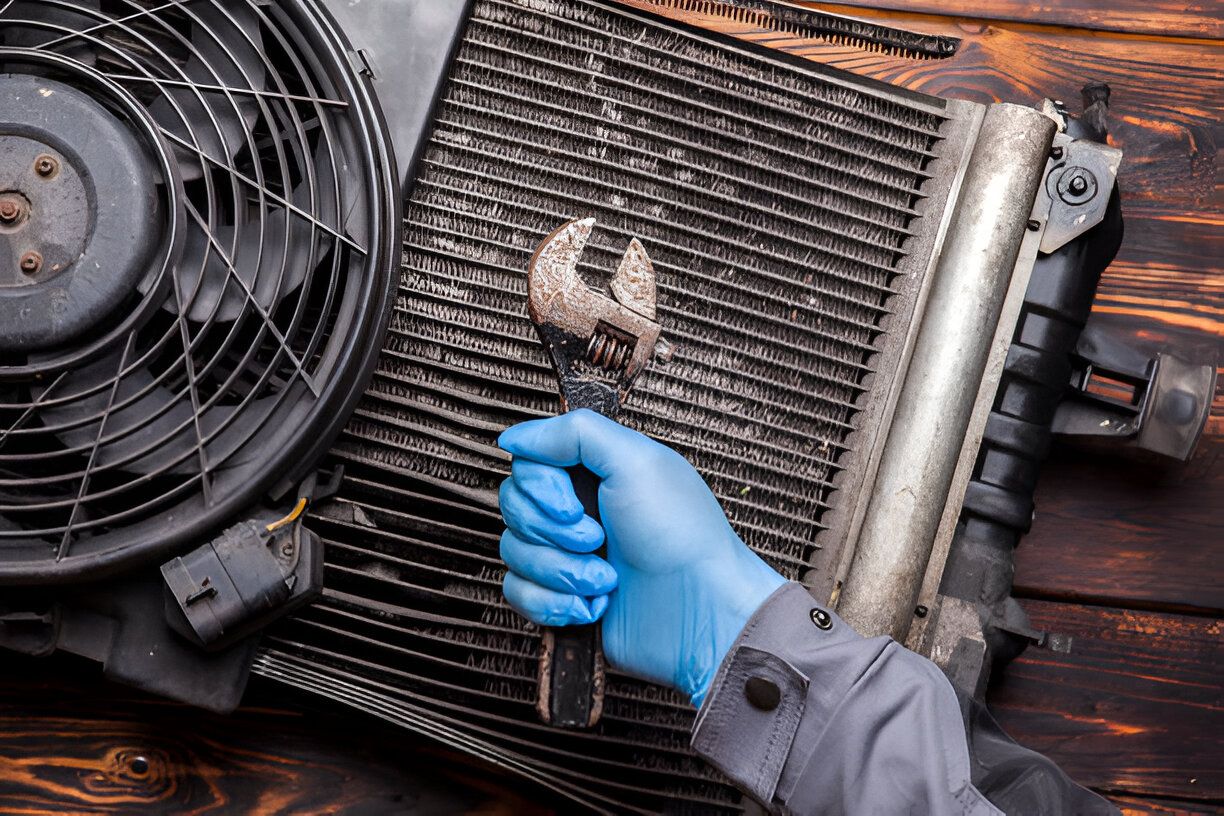Welcome to Cool Car Air Conditioning’s definitive guide to understanding and maintaining your car’s AC condenser. As a vital component of your vehicle’s air conditioning system, the AC condenser plays a crucial role in keeping you cool and comfortable during those scorching summer days. the world of car AC condensers, covering everything from how they work to common issues and maintenance tips. Whether you’re experiencing a lack of cool air or suspect your condenser needs replacement, we’ve got you covered.
What is a Car AC Condenser?
A car AC condenser is a key part of the air conditioning system responsible for cooling the refrigerant gas. Located at the front of the vehicle, typically near the radiator, the condenser works by dissipating heat from the refrigerant, transforming it from a high-pressure gas to a liquid state. This process allows the refrigerant to release heat outside the vehicle, resulting in cooler air circulated inside.
How Does it Work?
Understanding the inner workings of a car AC condenser can help you better appreciate its importance. When you turn on your vehicle’s AC, the compressor pumps refrigerant gas into the condenser. As the hot, high-pressure gas flows through the condenser coils, air passing over them helps to cool the refrigerant, causing it to condense into a liquid. This liquid then travels to the expansion valve or orifice tube, where it undergoes a pressure drop, resulting in further cooling. the chilled refrigerant enters the evaporator core, where it absorbs heat from the cabin air, cooling it down before being circulated back to the compressor to repeat the cycle.
Common Issues with Car AC Condensers:
Despite their importance, car AC condensers are not immune to problems. Here are some common issues you may encounter:
1. Clogged or Blocked Condenser: Over time, dirt, debris, and bugs can accumulate on the condenser coils, hindering airflow and reducing cooling efficiency.
2. Leaks: Corrosion, physical damage, or worn seals can lead to refrigerant leaks, causing a loss of cooling capacity.
3. Damage: Hail, road debris, or accidents can cause physical damage to the condenser, impairing its ability to function properly.
4. Refrigerant Overcharge or Undercharge: Incorrect refrigerant levels can impact the performance of the AC system and potentially damage the condenser.
Maintenance Tips:
To keep your car’s AC condenser in top condition, follow these maintenance tips:
1. Regular Cleaning: Periodically inspect and clean the condenser coils to remove dirt and debris. Use a gentle brush or compressed air to avoid damaging the fins.
2. Check for Leaks: Routinely inspect the condenser for signs of leaks, such as oily residue or hissing sounds. Address any leaks promptly to prevent further damage.
3. Protect from Damage: Park your vehicle in shaded areas when possible to reduce exposure to direct sunlight and minimise the risk of physical damage to the condenser.
4. Schedule Professional Inspections: Regularly scheduled maintenance visits to Cool Car Air Conditioning can help detect and address potential issues before they escalate, ensuring optimal performance and longevity of your AC system.
Cool Car Air Conditioning: Your Trusted Partner for Car AC Services
When it comes to car AC repair, replacement, and servicing, look no further than Cool Car Air Conditioning. With our team of experienced technicians and state-of-the-art equipment, we’re equipped to handle all your AC condenser needs. Whether you require a simple cleaning, condenser replacement, or comprehensive system diagnosis, we’ve got you covered. Trust Cool Car Air Conditioning to keep you cool on the road, no matter the weather.
Your car’s AC condenser may be out of sight, but it should never be out of mind. By understanding how it works, recognising common issues, and following proper maintenance practices, you can ensure your AC system operates smoothly and efficiently. And remember, when you need expert car AC services Cool Car Air Conditioning is here to help. Stay cool, stay comfortable, and enjoy the ride.







